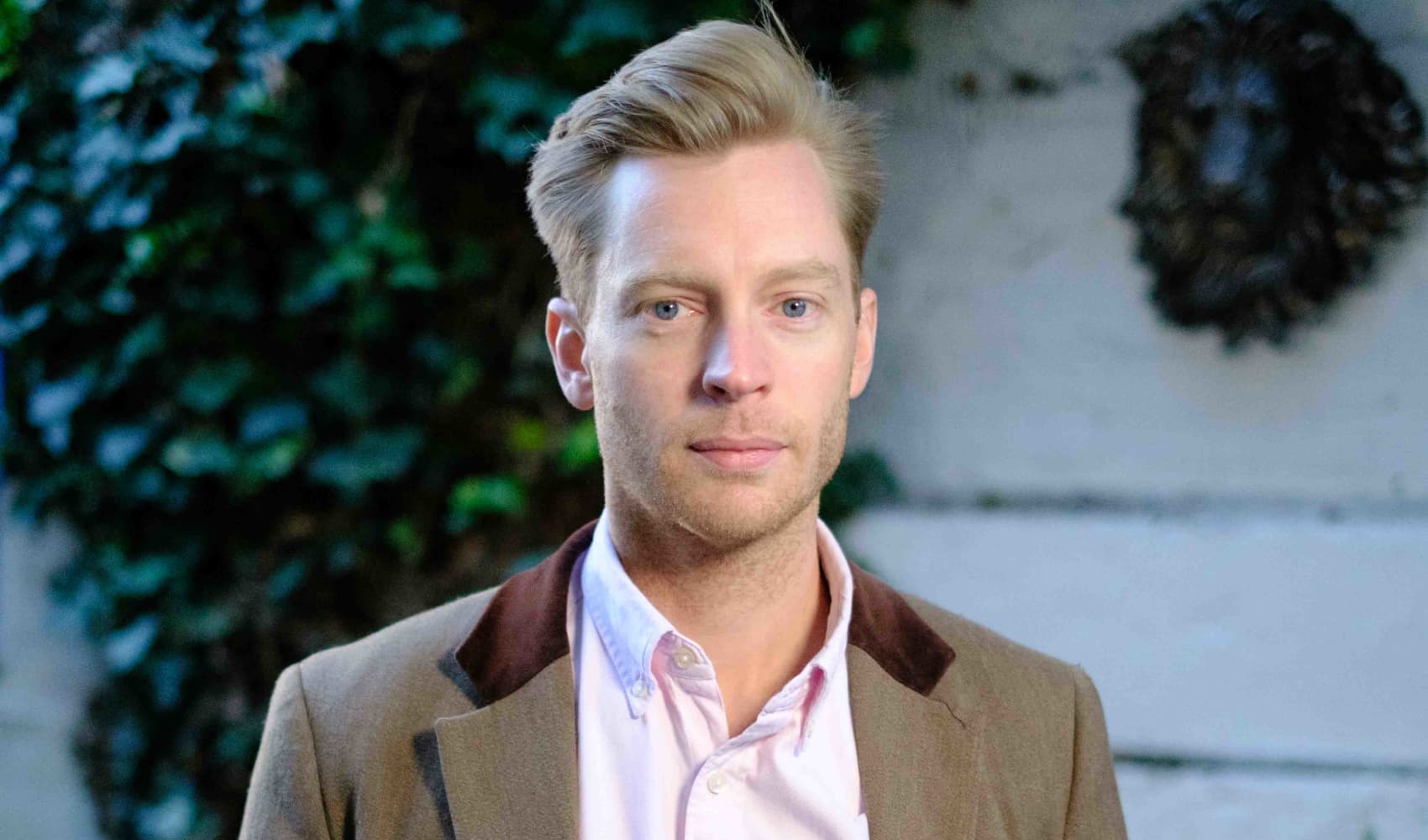Parents Losing Friends? The Truth Behind Fading Friendships
The Parent Paradox: Why Do Parents Lose Friends?
Introduction: The Friendship Fading Phenomenon
Have you ever looked around and noticed that many parents seem... isolated? Like their social lives revolved solely around playdates and school events? Brennan Fisher, a 24-year-old non-parent, certainly has. In a viral TikTok video, he voiced his concerns about the apparent dwindling social circles of parents, asking a question that's probably crossed many a child-free mind: Why do parents seem to "lose" their friends? It's a valid observation, and one that sparks a deeper conversation about the changing dynamics of friendship in the face of parenthood.
The TikTok Trigger: Fisher's Observation
"This is a very real thing," Fisher stated in his video, highlighting a sentiment shared by many. He recalled observing adults growing up, noting that their lives seemed to center on their children and work, with little room for anything else. "I feel like a lot of parents don’t have friends," he said, a statement that resonates with many young adults contemplating their own future and the potential impact of parenthood on their social lives.
Fisher's Pledge: Maintaining Friendships
Fisher vowed that his life wouldn’t become a child-and-work-only affair. "Me personally, I plan to have friends," he confidently declared. He acknowledges the challenges – family, job, bills – but stresses the importance of nurturing friendships. He wonders if it is possible to balance everything. Is it truly possible to maintain a vibrant social life while navigating the demands of parenthood?
Perspective Shift: The Parent's Point of View
Now, let’s flip the script. What do actual parents have to say about this? Is it a conscious choice to abandon friendships, or is something else at play?
Time Constraints: The Biggest Thief of Social Lives
Ask any parent, and they'll tell you: time is a precious commodity. It becomes incredibly scarce. Between diaper changes, school runs, meal prep, and bedtime routines, finding an hour for yourself, let alone a social outing, can feel like winning the lottery. It's not that parents *want* to disappear from their friends' lives; it's that they are often physically and mentally exhausted.
Energy Drain: The Invisible Force
Beyond the time commitment, there's also the energy factor. Raising children is demanding, both emotionally and physically. After a long day of parenting, the idea of getting dressed and socializing can feel like climbing Mount Everest. Sometimes, all you want is a quiet night in your pajamas. Is that so bad?
Shared Interests: When Worlds Collide (or Don't)
This is where things get interesting. Parenthood fundamentally changes your priorities and often your interests. Suddenly, conversations about the latest blockbuster movie or the hottest new restaurant might be less appealing than discussing sleep schedules and potty-training tips. This shift can create a disconnect with child-free friends, making it harder to find common ground. How do you balance the old friendship with the new reality?
The Changing Landscape of Friendship
Friendship isn't static; it evolves. Parenthood is a massive life change that inevitably impacts relationships. Here's how:
The "Parent Friend" Phenomenon
Many parents find themselves gravitating towards other parents. Why? Because they "get it." They understand the challenges, the joys, and the sheer exhaustion of raising children. They can offer support, advice, and a much-needed sense of camaraderie. It's like joining a secret society of sleep-deprived heroes.
Friendships on Pause: The Temporary Disconnect
Sometimes, friendships don't necessarily end; they simply go on pause. Life gets in the way, priorities shift, and communication might dwindle. But that doesn't mean the connection is lost forever. It's like putting a favorite book on the shelf for a while, knowing you can always pick it up again later. Often these friendships can be rekindled when the kids get older and life slows down.
Redefining Friendship: Quality Over Quantity
Parenthood often forces you to prioritize quality over quantity when it comes to friendships. Instead of seeing friends every week, you might only see them once a month, or even less. But when you do connect, the conversation is deeper, more meaningful, and more cherished. It's about making the most of the time you have.
Maintaining Friendships: Tips for Parents
So, how can parents navigate this challenging terrain and maintain meaningful friendships?
Schedule It In: Treat Friendships Like Appointments
Put it on the calendar! Literally. Treat your friendships like important appointments and schedule regular hangouts. It doesn't have to be anything extravagant – a quick coffee, a phone call, or even a shared online game can make a big difference.
Be Open and Honest: Communicate Your Needs
Talk to your friends. Let them know that you value their friendship but that your availability might be limited. Honesty is key to managing expectations and preventing misunderstandings. Being open is the best way to navigate a tough situation.
Find Common Ground: Explore Shared Interests
Make an effort to find activities that you can both enjoy, regardless of whether you have kids or not. Maybe it's trying a new hobby, volunteering for a cause you both care about, or simply catching up on a TV show together.
Embrace Flexibility: Adapt to Changing Circumstances
Be willing to adapt to changing circumstances. Maybe you can't go out to bars anymore, but you can host a game night at home. Maybe you can't have long phone calls, but you can send each other funny memes throughout the day.
Don't Be Afraid to Say No: Prioritize Your Well-being
It's okay to say no to social invitations if you're feeling overwhelmed. Remember, your well-being is important, and you can't pour from an empty cup. Sometimes you need to prioritize self-care to be a good friend, partner, and parent.
Conclusion: Friendship Evolving, Not Ending
So, do parents lose friends? The answer is complicated. While some friendships may fade due to shifting priorities and time constraints, others evolve and adapt. Parenthood is a transformative experience that inevitably impacts relationships, but it doesn't necessarily mean the end of friendship. It simply means redefining what friendship looks like in this new chapter of life. It means prioritizing quality over quantity, finding common ground, and embracing flexibility. It's about recognizing that friendship, like parenthood, is a journey, not a destination.
Frequently Asked Questions (FAQs)
Q1: Is it inevitable that I will lose friends when I become a parent?
A: Not necessarily. While some friendships may change or fade, many parents maintain strong connections with their friends. Open communication, flexibility, and a willingness to adapt are key to preserving those relationships.
Q2: How can I maintain friendships with child-free friends after having a baby?
A: Make an effort to stay connected, even if it's just through phone calls, texts, or social media. Find common interests that you can still share, and be open to their perspectives, even if you don't always see eye-to-eye.
Q3: I'm a parent, and I feel like I only talk about my kids. Is this normal?
A: It's common to talk about your children when you're a parent, but try to be mindful of your friends' interests. Make an effort to engage in conversations about other topics and ask them about their lives as well.
Q4: My child-free friends don't understand the demands of parenthood. How can I help them understand?
A: Be open and honest about the challenges you're facing. Invite them to spend time with you and your child so they can see firsthand what your life is like. But also, don't expect them to fully understand unless they've experienced it themselves.
Q5: I'm a non-parent, and my friends have kids. How can I support them?
A: Offer to help with errands, babysitting, or simply lend a listening ear. Be understanding if they need to cancel plans or are late. Show that you value their friendship and are there for them, even if their lives have changed.


